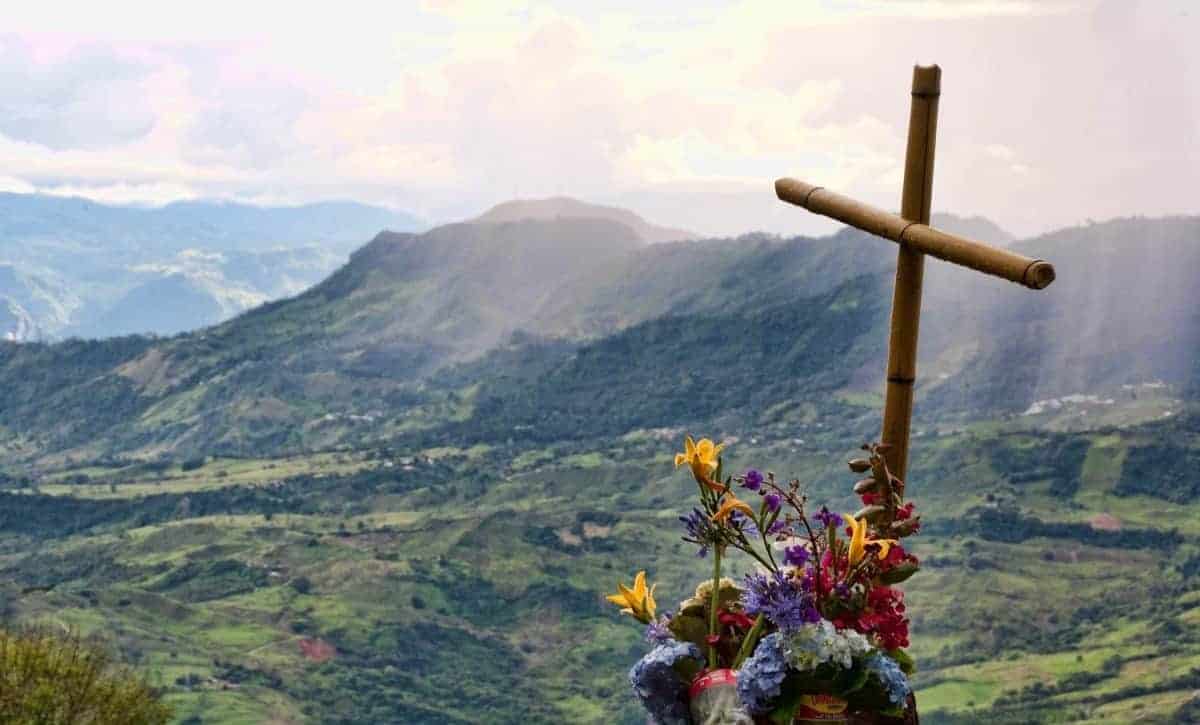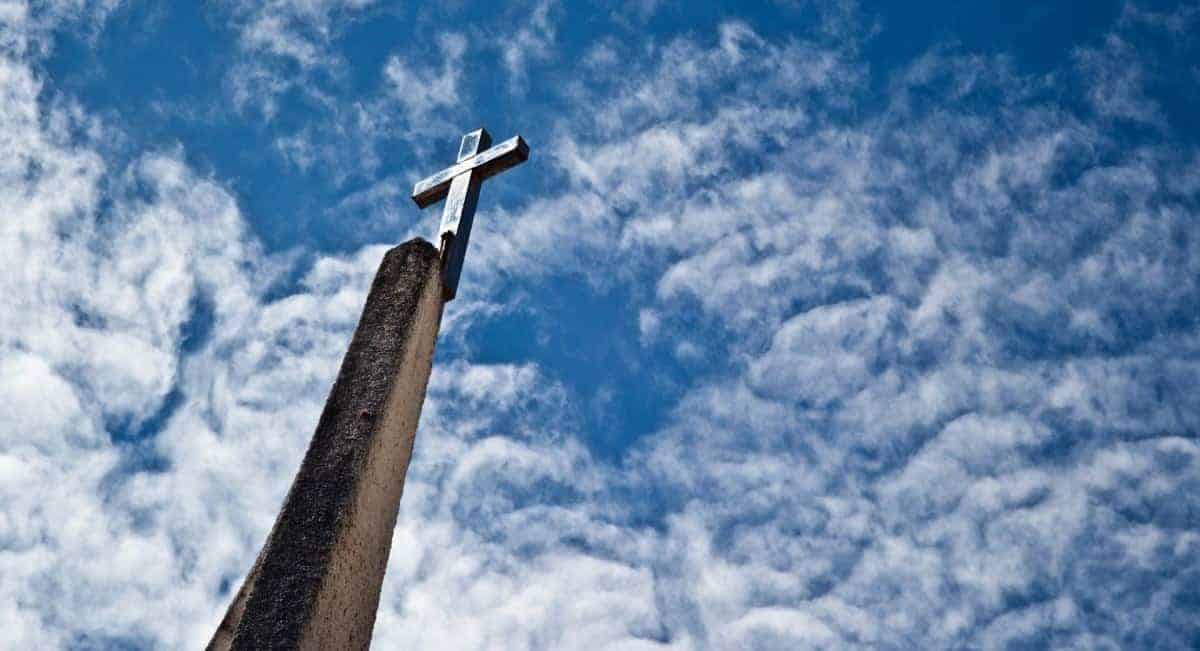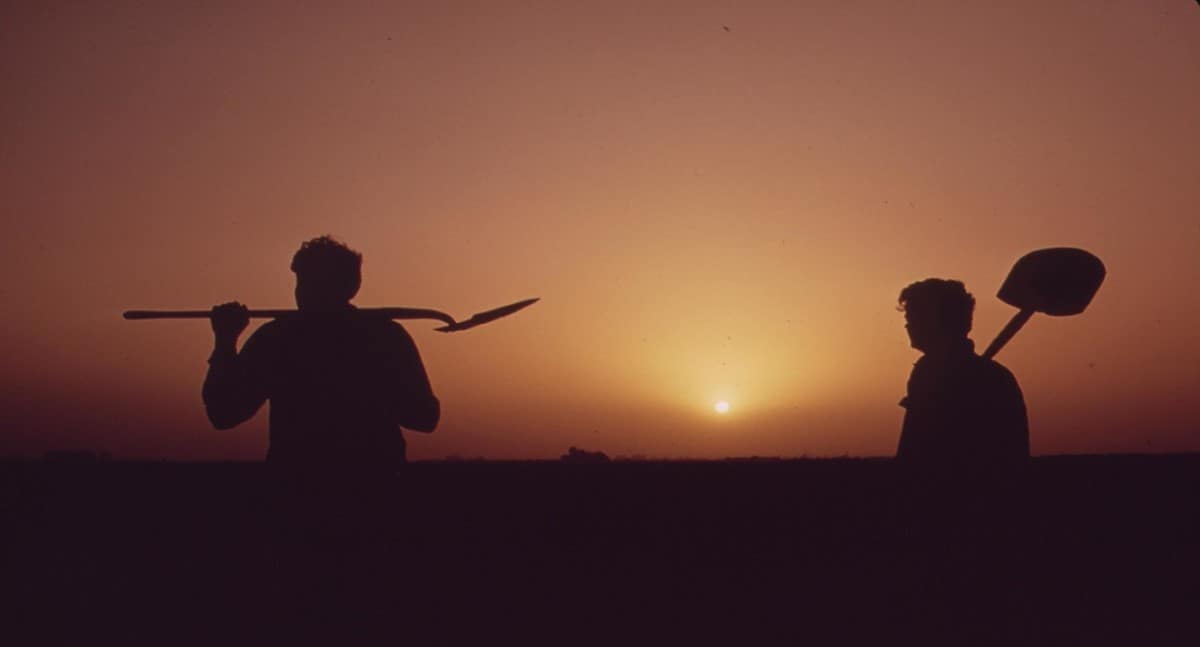Good Friday is the second consecutive holiday of Holy Week, giving continuity to the longest holiday bridge of the year. Its date changes every year because it is calculated based on the lunar calendar. It is celebrated on the Friday before Easter Sunday (or Resurrection Sunday).
On Good Friday the liturgy of Adoration of the Cross is performed and it is the only day of the year in which mass is not celebrated. This day the altar is bare, there are no flowers or palms, the Gloria is not sung. Neither the images nor the cross are shown. It is the sign of the silence of the world before the death of Jesus.
This is the second celebration of the Paschal Triduum of the Passion and Resurrection of Christ, which begins the day before (Holy Thursday) and ends between the night of the following Saturday and early Sunday morning with the Easter Vigil.
¿Why is Good Friday celebrated?
On this day Christians remember the events that led to Jesus' death on the cross. For believers, this fact is important because his death was a sacrifice for all the sins of mankind. In addition, Jesus showed his most human side in the moments before his death and finally, after 3 days, he rose again.
History
According to the New Testament, on the Friday morning before Easter, as Jesus himself expected, he was arrested and put on trial. The high priests, the lawyers and elders of the Council took him before Pontius Pilate, the governor of Judea, who finally sentenced him to death for proclaiming himself the Messiah. Pilate initially refused because Jesus had not broken any Roman laws. He questioned him, but Jesus did not defend himself. As was the custom at Easter, Pilate asked the audience which prisoner they wanted to release. To their surprise, the people, moved by the high priests, requested the freedom of Barabbas (a revolutionary who wanted the fall of the Romans) and asked for the worst possible sentence for Jesus, that he be crucified.
Pilate ordered Jesus to be scourged. The soldiers, after mocking him and putting a crown of thorns on him because he was supposed to be a king, took him away to be crucified.
The Bible indicates that, after walking towards Golgotha (Calvary) carrying his own cross, at nine in the morning Jesus was crucified. Then, at noon, darkness fell over the entire region until the death of Jesus at 3 in the afternoon.
Where to celebrate Good Friday
In all the churches of cities and municipalities of the country, ceremonies, rites and religious acts are carried out.
Religious activities include:
- The Via Crucis procession
- The Seven Words Sermon
- The liturgy of Adoration of the Cross
- The procession to the Holy Sepulcher
The most traditional Easter celebrations in the country are held in Popayán and Mompox. Also in Pamplona (Norte de Santander), Tunja and Santa Fe de Antioquia.
Good Friday in Popayan
Popayán, capital of the department of Cauca, preserves its colonial architecture and is recognized for the number and design of its temples and convents. Throughout Holy Week, commemorative events are held such as the Religious Music Festival, the Bell Concerts and the different processions through the streets of the city.
Holy Week activities in Popayán:
- Palm Sunday: Palm Sunday procession
- Holy Monday: The Holy Eucharist
- Holy Tuesday: Procession of Our Lady La Virgen de Los Dolores
- Holy Wednesday: Procession of the Master Jesus
- Maundy Thursday (public holiday): Procession of the Lord of Veracruz
- Good Friday (public holiday): Procession of the Holy Burial of Christ
- Holy Saturday: Procession of Our Lord Jesus Christ Risen
Processions are parades that have featured during religious celebrations for hundreds of years. Some of the carvings used during the processions are from the 18th century, others from Quito and others more modern. The freighters are central characters in the celebration of Holy Week, not only because of the effort and the attire, but also because of the honor that carrying the images represents.
Other traditions
- On Good Friday, in the Pacific coastal towns, fishermen do not go out to sea. In many towns people do not bathe in the rivers for fear of death.
- On the Atlantic coast, many expect to hear the rooster crow at noon as a sign of good luck.
- Many people use to fast on Good Friday. Others do not eat beef or pork as a sacrificial sample.
- In some towns the castor flowers are collected as a symbol of a great test that they will experience in the following days. If they pass the test, they will have good luck for the rest of their lives.
- In Nariño it is customary to bless water and then sprinkle it around the house with branches of rosemary or mint to ward off evil spirits and protect young women.
 Landscape during Holy Week in Antioquia
- Juan Trujillo
Landscape during Holy Week in Antioquia
- Juan Trujillo

